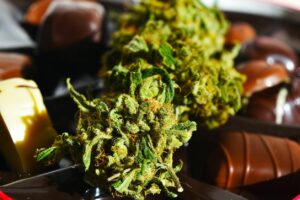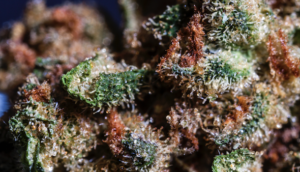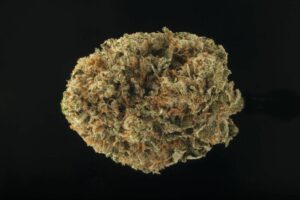Thinking about using edibles after sinus surgery? Here’s what you need to know about edibles, safety and interactions with post-op medications.
Sinus surgery often comes with pain, inflammation and discomfort that can linger for days or even weeks. While many patients rely on over-the-counter pain medications or prescribed antibiotics, some people are also considering cannabis edibles for additional relief. But is it safe to use cannabis after sinus surgery?
While inhaled cannabis should be avoided during recovery, edibles may offer a gentler option that doesn’t interfere with healing. Here’s what you need to know before consuming cannabis after sinus surgery.
Why Smoking Cannabis Is Not Recommended After Sinus Surgery
In the days and weeks following sinus surgery, your nasal passages and sinus cavities are extremely sensitive. Smoking or vaping cannabis can irritate the healing tissue, increase mucus production and delay recovery. It can also raise the risk of complications like infections or bleeding.
That’s why surgeons typically advise against any form of inhalation before and after sinus procedures. But that doesn’t mean all cannabis use is off the table. Edibles after sinus surgery might be a viable option for certain patients.
Why Edibles Are a Safer Option for Post-Surgery Relief
Edibles deliver cannabinoids like THC and CBD through the digestive system rather than the respiratory system. This avoids irritation to the sinuses while still allowing patients to experience pain relief, reduced inflammation and improved sleep. Unlike smoked or vaped cannabis, edibles produce no smoke, heat or particulate matter that could affect healing. For patients looking to manage post-op discomfort naturally, this is great news.
That said, it’s important to consult your doctor, start with low doses and wait at least two hours before taking more—especially if you’re new to edibles. Their effects can be delayed and much stronger than expected.
Are There Drug Interactions Between Edibles and Post-Op Medications?
One common concern is whether cannabis edibles will interfere with antibiotics or painkillers. In most cases, cannabis is metabolized by enzymes in the liver—specifically the cytochrome P450 system—while many antibiotics are not.
For example, Keflex (cephalexin), a commonly prescribed antibiotic after sinus surgery, is not processed through the liver’s cytochrome system. It’s primarily excreted unchanged in the urine, which means it’s unlikely to interact negatively with cannabinoids. Still, always check with your doctor before combining cannabis with any medication.
Best Practices for Using Edibles After Sinus Surgery
If you’re considering edible cannabis after sinus surgery, here are some tips to stay safe and support healing:
-
Wait 24–48 hours after surgery before consuming cannabis, and only after discussing with your doctor.
-
Start low and go slow, especially if you’re new to edibles. Begin with 2.5–5 mg of THC or CBD.
-
Avoid sugary or processed edibles that might irritate your stomach during recovery.
-
Monitor for side effects, including drowsiness, dry mouth or interactions with pain medication.
The Bottom Line
Smoking cannabis after sinus surgery is strongly discouraged—but edible cannabis after sinus surgery may be a safe and effective alternative for some patients. As long as your doctor approves and you start with a low dose, cannabis edibles can offer targeted relief without compromising your recovery.
Always check for possible interactions with medications and choose high-quality products from reputable sources. With the right precautions, cannabis edibles may help you feel more comfortable as your body heals.






